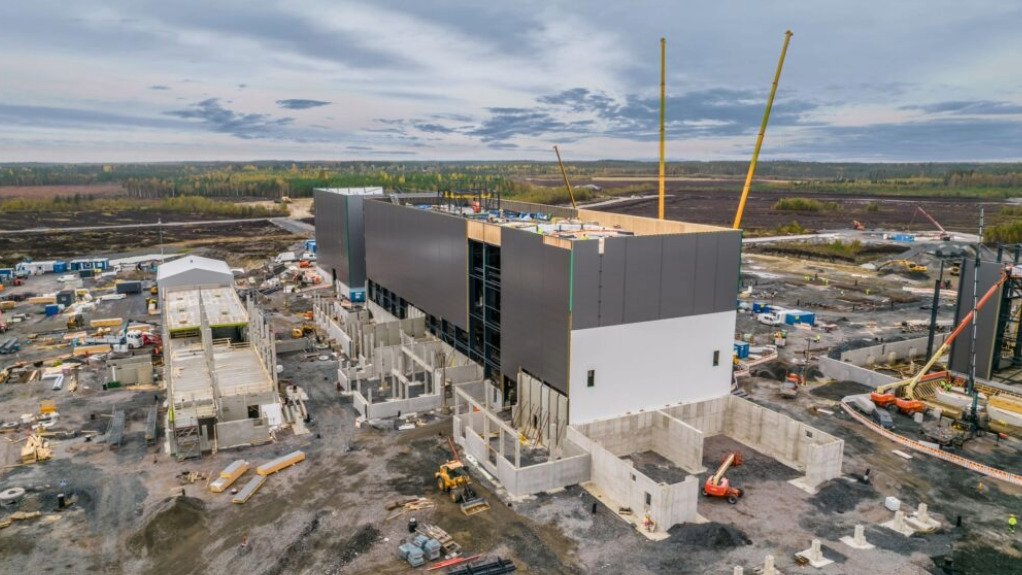Sibanye-Stillwater CEO Neal Froneman says the European Commission’s designation of its Keliber lithium and GalliCam projects as strategic projects under the EU’s Critical Raw Materials Act (CRMA) affirms the company’s strategic investments in the region.
“We are delighted that the European Commission has recognised the strategic significance of our Keliber lithium project and the GalliCam project by granting them strategic project status under the EU’s Critical Raw Materials Act,” he said.
“The Keliber lithium project is an integral part of the group’s green metals portfolio and aligns with Sibanye-Stillwater’s positioning in the European ecosystem, while the GalliCam project is an exciting and innovative opportunity which is in the prefeasibility stage and has already been recognised with a grant from the EU innovation fund.
“The recognition by the European Commission affirms our strategic investments and focus on regional ecosystem development,” Froneman said.
Keliber is set to be Europe’s first battery-grade lithium hydroxide producer from its own ore, with production expected to begin in the first half of 2026. The project comprises several mining areas, a concentrator in the Kaustinen region, and a lithium hydroxide refinery in the Kokkola Industrial Park. Once at full capacity, it is expected to produce about 15 000 t of battery-grade lithium hydroxide annually over an 18-year mine life. Sibanye-Stillwater owns 79.8% of Keliber, with the Finnish Minerals Group holding 20% and other Finnish shareholders 0.2%.
The project has been backed by a €500-million green loan secured in August 2024.
Meanwhile, the GalliCam project, wholly owned by Sibanye-Stillwater, aims to repurpose the Sandouville nickel refinery in France to produce precursor Cathode Active Material for Europe’s electric vehicle battery supply chain. Currently in prefeasibility, the study is expected to be completed in 2025.
“The GalliCam project is an exciting and innovative opportunity,” Froneman said, emphasising its potential to support Europe’s ambitions for greater battery material independence.
Out of 170 applications received, 47 projects were awarded strategic project status under the CRMA, which seeks to strengthen Europe’s access to key minerals by ensuring at least 10% of extraction, 40% of processing, and 25% of recycling occurs within the EU by 2030.



